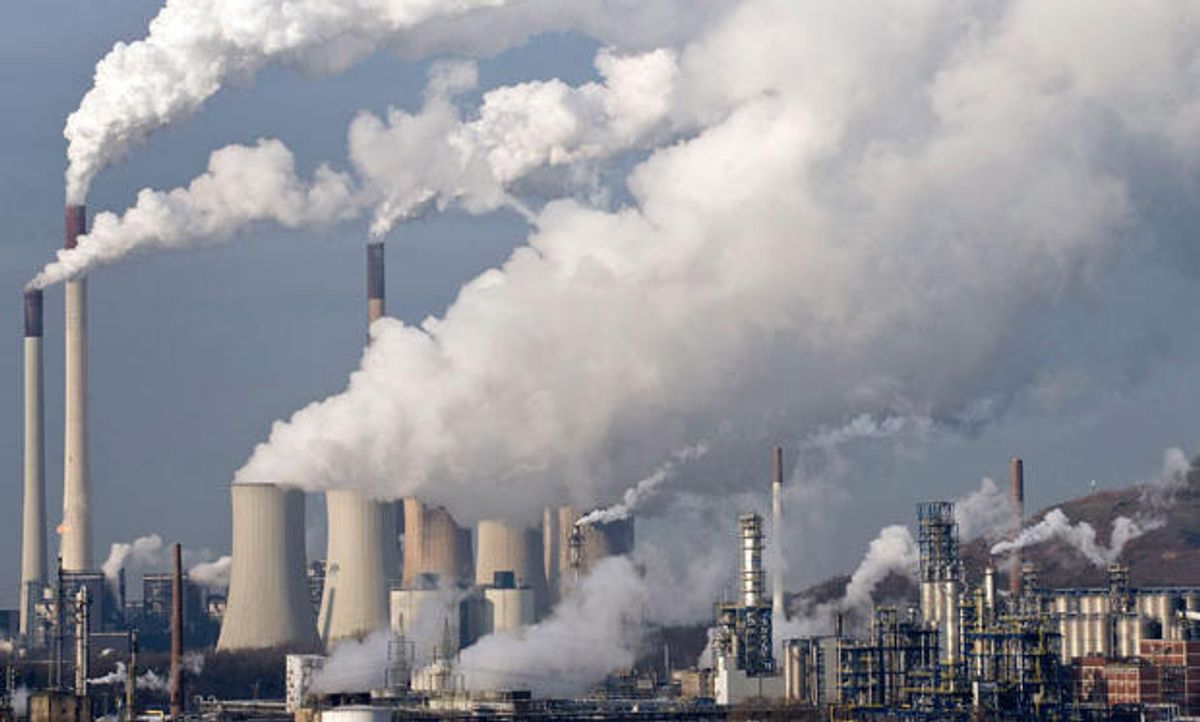Abrupt role reversals are nothing new to the field of behavioral psychology: In a marriage, from one moment to the next one spouse stops being the perpetual nag and critic to assume the part of lazy laggard, while the other goes from laid-back to laying it on. There's dirty work that has to be done, so the two martial partners take turns doing it.
Evidently the picture is not much different in international affairs. During the decade following the adoption at Rio of the 1992 United Nations Framework Convention on Climate Change, the Europeans--above all Germany and the United Kingdom--took the global lead in cutting greenhouse emissions in conformity with the requirements of the 1997 Kyoto Protocol to the Rio treaty. But then, midway through George W. Bush's administration, the balance of action reversed. Virtually from one month to the next, it was the United States that was sharply cutting its carbon emissions, while Europe went from carping critic to whining, put-upon victim.
The latest manifestation was the decision yesterday by the European Parliament to not take aggressive action to shore up the price of carbon emission permits in the deathly ill (carbon) Emissioons Trading System (the ETS). The non-move left the European carbon trading system "in tatters," as the Wall Street Journal reported; an earlier report in the Journal attributed the underlying problem mainly to indecision and divisions in the government of Germany, Europe's heavyweight. In the last years, as any newspaper reader knows, Germans have gone from purposeful high-mindedness and self-sacrifice to feeling put upon in every possible way.
The U.S.-European reversal is by no means just a product of policy and public attitudes. In the last years, the single most important factor in decreasing U.S. greenhouse gas emissions has been fuel switching by utilities and energy companies from coal to natural gas, which has been largely a spontaneous response to free-market forces. In Europe, to pile irony upon ironies, the pattern has been the opposite. As several commentators on yesterday's parliamentary decision noted, in major countries like Germany, the UK and Spain, utilities have been switching from natural gas back to coal. In the UK, for example, coal consumption was 35 percent higher in the first half of 2012 than in the comparable period of 2011, while gas consumption was 33 percent lower.
Of course it's not possible in energy to distinguish sharply between market forces, policy and technology. To a great extent, price changes are driven by expectations about future policy and technological developments. But the U.S.-European reversal is just as visible in policy as it is in the marketplace. Another manifestation: A recent opinion column by former Secretary of State George Schulz and Nobel Prize economist Gary Becker advocating U.S. adoption of a revenue-neutral carbon tax. Consistent with free-market principles, the two luminaries--both associated now with teh arch-conservative Hoover Institution at Stanford University--argue that such a tax would level the playing field in energy.



